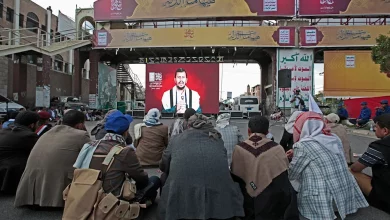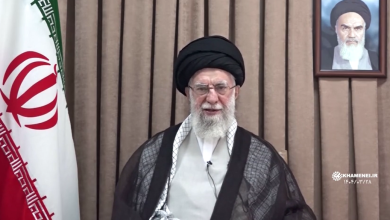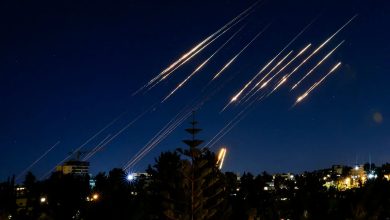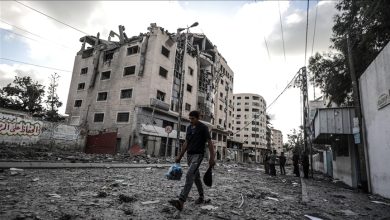‘Short war’ with Iran an illusion, beginner of war will not end it: Zarif
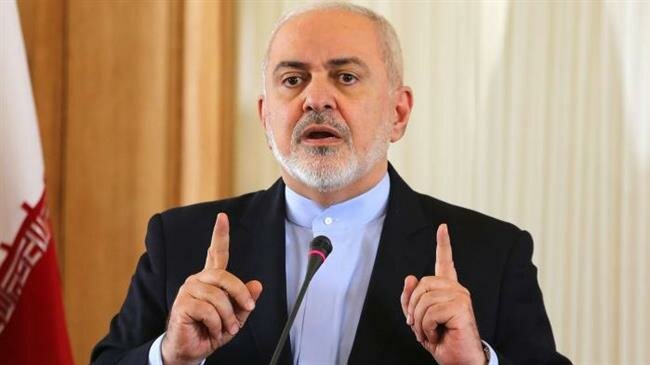
Foreign Minister Mohammad Javad Zarif says the US mistakenly thinks a potential war with Iran will be a short one, rejecting the speculation as an “illusion” and a “misconception,” and adding that the beginner of such war would not be necessarily the party that ends it.
Zarif made the remarks in a tweet on Thursday, in reaction to US President Donald Trump’s claim that any conflict between the two countries would not last very long.
“Misconceptions endanger peace @realDonaldTrump:” he said, adding, “Short war’ with Iran is an illusion.”
“Whoever begins war will not be the one ending it,” he further said, contesting the US confidence in its ability to control how such a confrontation could proceed.
Speaking to Fox Business on Wednesday about the quality of a hypothetical American war against Iran, Trump had alleged, “I’m not talking boots on the ground. I’m just saying if something would happen, it wouldn’t last very long.”

Zarif also pointed to a tweet posted by Trump on Tuesday, in which he had said the Islamic Republic would be met with “obliteration” if it ever attacked “anything American.”
The top Iranian diplomat pointed to the implications of such a threat, saying that the US president’s menace amounted to genocide. “Obliteration”=genocide=war crime,” he wrote in his tweet.
Zarif had told CNN earlier that the US was “incapable” of acting on such threats, that Trump was “certainly wrong” in making the claim, and that Washington was not in any position to “obliterate” Iran, unless it resorted to using “prohibited weapons.”

In another part of his tweet, Iran’s top diplomat noted that despite US claims that it is imposing sanctions on Iran as an alternative to war, those sanctions actually amount to a full-fledged economic war against the Islamic Republic.
“Sanctions aren’t alternative to war; they ARE war,” Zarif said.

He finally reiterated an assertion repeatedly made by Iranian authorities, including himself, that Washington cannot expect dialogue as a foreseeable outcome if it was holding on to its pressures and threats against the country.
“Negotiations and threats are mutually exclusive,” he tweeted.
Trump’s administration has been leading a signature policy of “maximum pressure” vis-à-vis Iran. The approach has seen Washington returning its sanctions on the Islamic Republic, ramping up its warlike rhetoric while engaging in dangerous regional military buildup.



